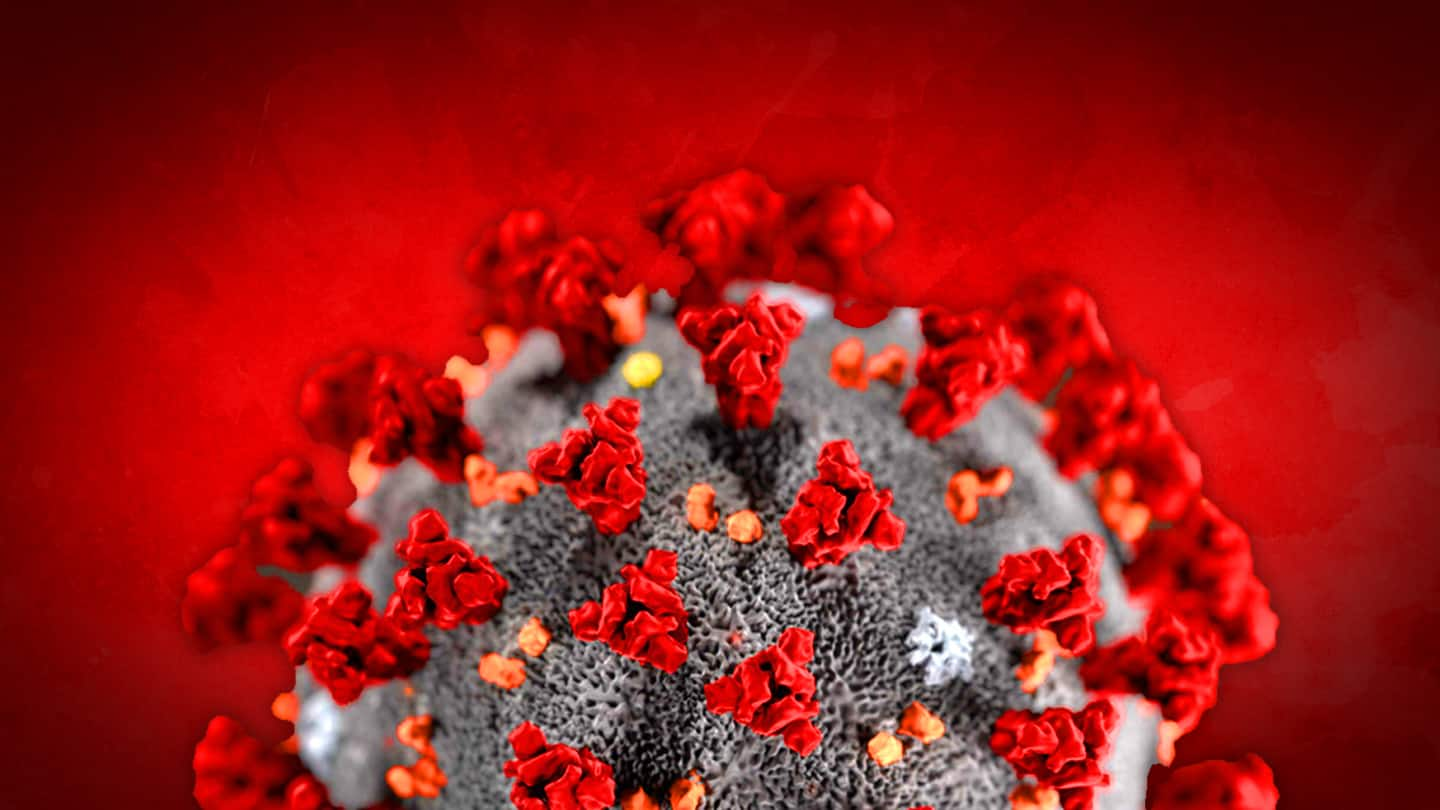
Mumbai: In four frontline warriors, coronavirus-reinfection becomes more severe
What's the story
The coronavirus re-infection turned out to be more severe in four frontline warriors in Mumbai, implying that nothing can offer much protection against the fatal disease, TOI reported today citing details from medical journal The Lancet.
These frontline warriors were asymptomatic when they contracted the infection, initially, but had to be hospitalized the second time around.
They, however, didn't complain of breathlessness.
Details
Three warriors were doctors working at BMC-run hospital
Of the four warriors, three are doctors working with BMC-run Nair Hospital and the fourth is a frontline worker from Hinduja Hospital.
Both the facilities conducted a research after they got re-infected. Institute of Genomics and Integrative Biology (IGIB) and International Centre for Genetic Engineering and Biotechnology (ICGEB) were also a part of this study.
They found 39 mutations within eight genomes.
What happened
The workers remained ill for a longer time
All four persons showed more symptoms during the second infection and the illness lasted longer.
"Frontline healthcare workers are exceedingly exposed to SARS-CoV-2 and re-infections are a possibility. An RT-PCR positive test does not confirm re-infection. Only whole-genome sequencing (WGS) of the viral isolates from the different episodes can confirm a re-infection," said ICGEB's Dr. Sujatha Sunil, a key author of the study.
Quote
The researchers also found a "Wuhan connection"
"Phylogenetic analysis of the eight complete sequences with 52 other samples from India collected between the months of April-July revealed that these samples clustered together showing they were part of the same larger clade and aligned close to the Wuhan reference strain," the paper read.
Breathlessness
They didn't suffer breathlessness because they were young
Moreover, the researchers found that all the re-infected workers had the D614G mutation. "This mutation is associated with severe infections in people," Dr. Sunil explained.
Nair Hospital's Dr. Jayanthi Shashtri, who was another author, said the workers didn't experience breathlessness as they were younger. Older healthcare workers might not be equally safe.
She said the study intended to underline the risk frontline workers face.